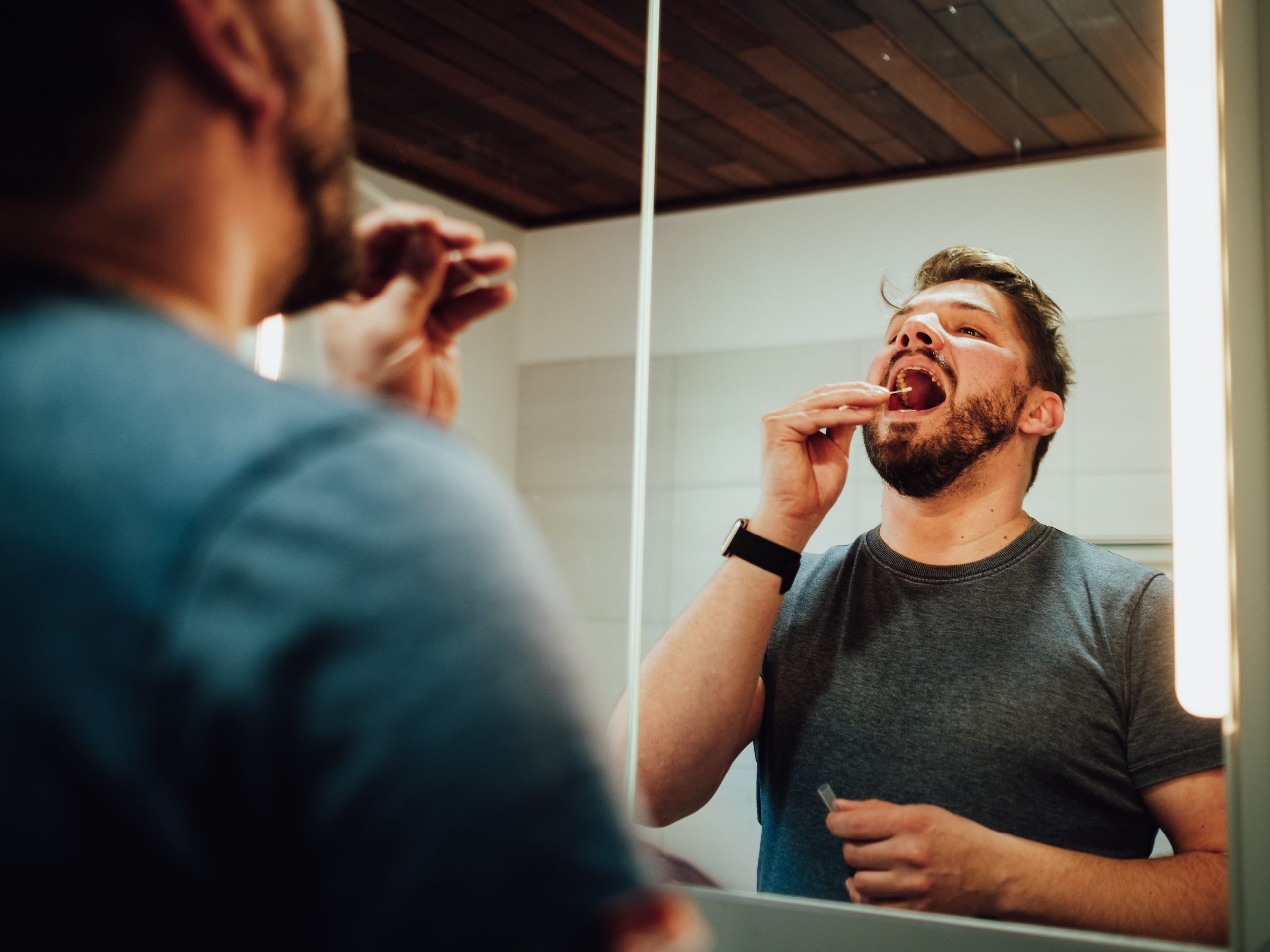
- People are more likely to get reinfected with Omicron than previous variants, UK data suggests.
- The UK's estimated daily reinfection rate is 180 cases per 100,000 people. Before Omicron it was less than 12.
- "A fifteen-fold greater reinfection rate in the Omicron-dominant era is itself massive," one expert said.
People who've had COVID-19 before are far more likely to catch it again with Omicron circulating, data from the UK suggests.
The rate of reinfection in the UK was fifteen times higher during a time when Omicron was dominant, compared with a pre-Omicron period, data from the Office for National Statistics showed Wednesday.
Between December 20, 2021, and January 23, the daily reinfection rate in the UK was about 180 cases per 100,000 people. In a pre-Omicron period of July 2, 2020 to December 19, 2021, the reinfection rate was less than 12, the data showed. The first cases of Omicron were detected in the UK on November 27.
Reinfection was defined by the ONS as an infection contracted at least 120 days after previous infection.
Sheila Bird, professor in biostatistics at Cambridge University told the Science Media Center of the findings: "A fifteen-fold greater reinfection rate in the Omicron-dominant era is itself massive."
The ONS data from 53,667 survey participants is in keeping with data released by UK health officials Monday that found reinfections now represented around 10% of daily infections in England, compared with just 1.4% before Omicron started spreading.
The data suggests that Omicron is better able to escape immunity from a previous infection than other variants and poses a greater risk of reinfection, even in a vaccinated population with fairly good vaccine coverage — between December 20, 2021 and January 23, more than 81% of the UK population were fully vaccinated and more than 52% had received a booster, official data show.
Andrew Read, who studies the evolution of infectious diseases at Pennsylvania State University, told Insider: "A variant that has got a greater ability to transmit in an Omicron-exposed population is going to have an advantage."
Aria Bendix contributed to reporting.

